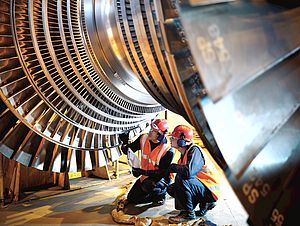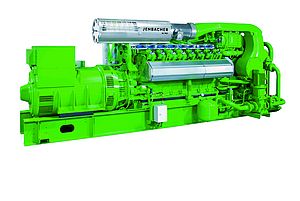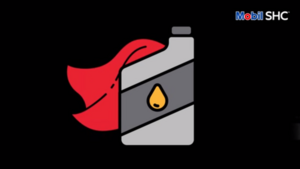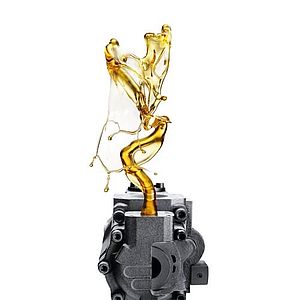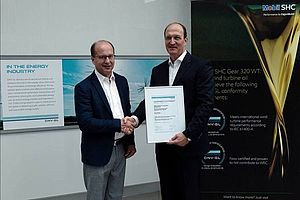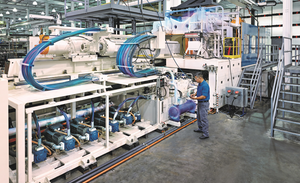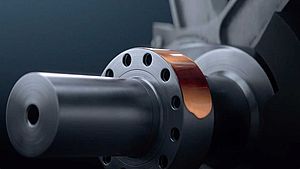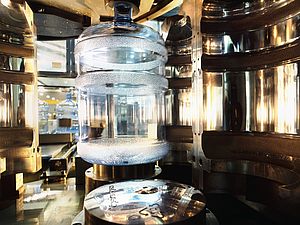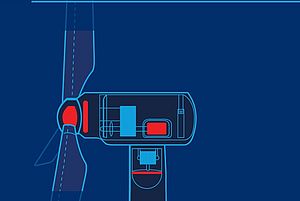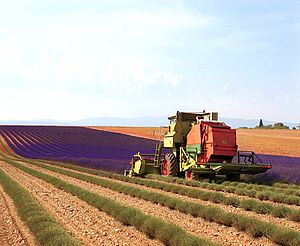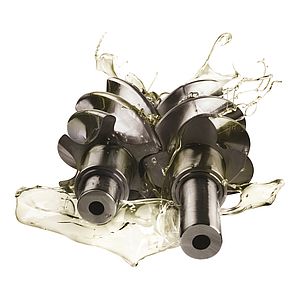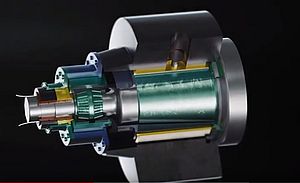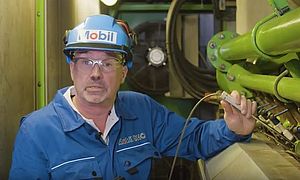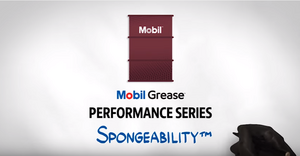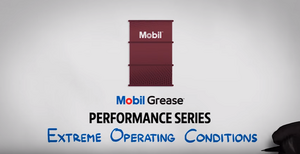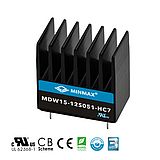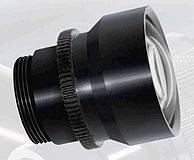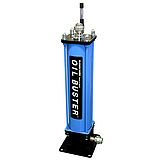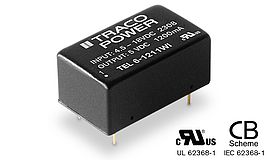High energy prices are an on-going issue for the plastics processing industry - a sector that is heavily exposed to the vagaries of the energy market. As a result, processors of all sizes are understandably eager to invest in any technology that can help reduce the monthly electric bill.
"Choosing the right hydraulic oil won't just help moulders cut their energy consumption, it could also improve productivity be increasing cycle rates," said Mohamed Mourad, Industrial Marketing Advisor, Europe, Africa & Middle East at ExxonMobil.
"Volumetric (hVE) and mechanical (hOV) efficiencies are the main determining factors when looking at cycle times and energy efficiency. Those two are inversely proportional to each other and should be in balance," he explained. A system that has both mechanical and volumetric efficiencies at optimum levels will cut cycle times while also saving energy. "For example, using an oil such as Mobil DTE 10 Excel in an injection moulding machine can produce a 0.5 second improvement in cycle time," added Mourad. "Based on in-house bench tests at ExxonMobil Research and Engineering we estimate that this could lead to an overall increase productivity of up to 11 per cent."
In-house testing also indicated that up to a six per cent increase in energy efficiency is achievable by swapping to Mobil DTE 10 Excel when compared with ExxonMobil's standard hydraulic fluids. Results may vary depending on operating conditions. Both old and new equipment can benefit from high quality lubricants. For example, a 10-year-old machine will probably have wider clearances between working surfaces and less precise alignment, which can lead to leakages, heat generation, energy loss and contamination, all of which will severely stress any lubricant. For new high-speed systems pressures and temperatures are often greater, which can all place stress on lubricant performance.
"To overcome such harsh operating conditions, a lubricant should have a high viscosity index, good contamination control, efficient filterability properties as well as excellent oxidation stability," explained Mourad. "Mobil DTE 10 Excel hydraulic oil helps keep hydraulic systems running cleaner, increasing hydraulic system reliability and productivity.
"Changing hydraulic oil does not require an investment in additional systems or major changes in working practices - it does, however, offer the possibility of increased productivity thought improves cycle times while also cutting overall energy consumption.
For more information about how Mobil SHC synthetic lubricants can help your business, visit mobilindustrial.com.




